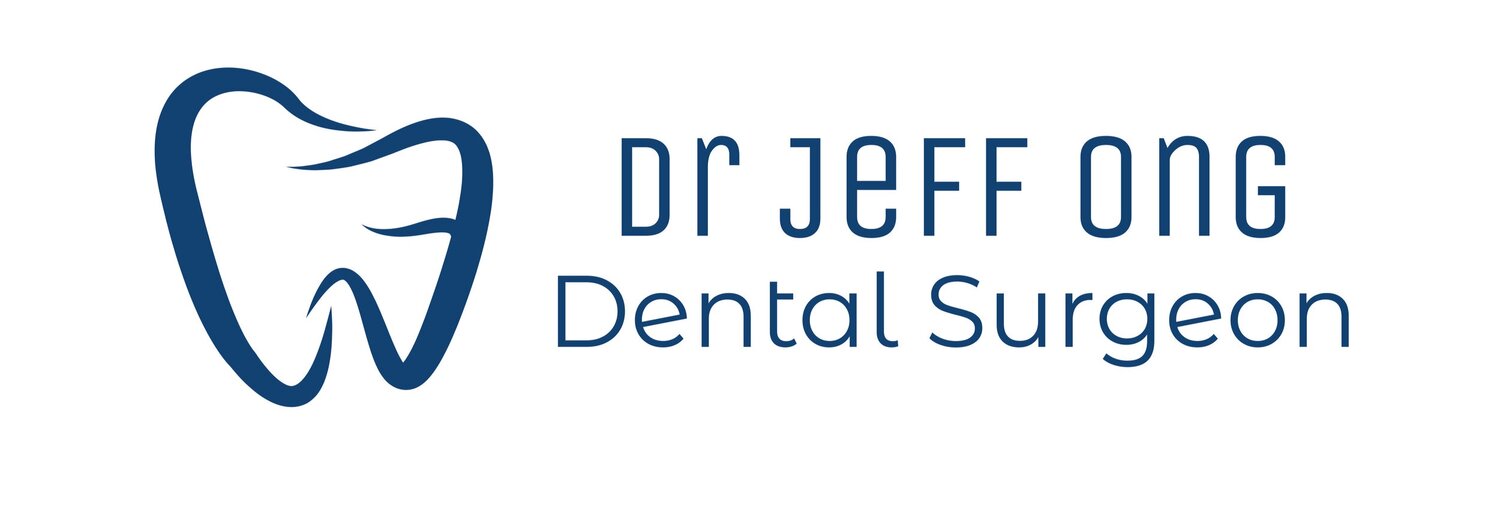
Intravenous Sedation Dentistry
Anxious about dentistry? Explore the option of having your dental treatment done comfortably under intravenous sedation
Dental anxiety is prevalent worldwide with up to one in every three individuals experience dental fear*. So, if you feel anxious about visiting the dentist, you are certainly not alone. Whether it is the sound of the dental drill, the fear of having needles in your mouth, or bad dental experience in the past, there are different options which Dr. Jeff can explore with you to help you feel more comfortable during your dental appointment. One of them includes having your dental treatment carried out under intravenous sedation.
*Armfield and Heaton (2013). Management of fear and anxiety in the dental clinic: a review: Australian Dental Journal 58: 390-407
Intravenous sedation involves administering a small amount of sedative medication into your body through the vein in your arm.
When the sedative takes effect, you will feel more relaxed, which allows treatment to be carried out comfortably. It is not the same as general anaesthesia where you are put to sleep completely. In reality, you remain conscious throughout your sedation appointment, able to understand and respond to requests from your dentist. However, due to the properties of the sedative agents, you will be relaxed throughout the procedure, time will appear to pass very quickly and you may not recall much about the procedure.
Intravenous does not replace local anaesthesia which is still required to numb your jaw and teeth before your dental procedure.
But it can be done after the sedative effect has kicked in, so that you will not remember much about the local anaesthesia administration.
Intravenous sedation has been shown to be safe, effective and reliable in providing a pleasant dental experience especially for anxious patients. Whilst it is most often associated with complex treatment and surgery (such as multiple teeth extractions including wisdom teeth surgery, dental implants), intravenous sedation can also be provided to carry out other procedures like dental fillings, crowns, bridges, and root canal therapy.
